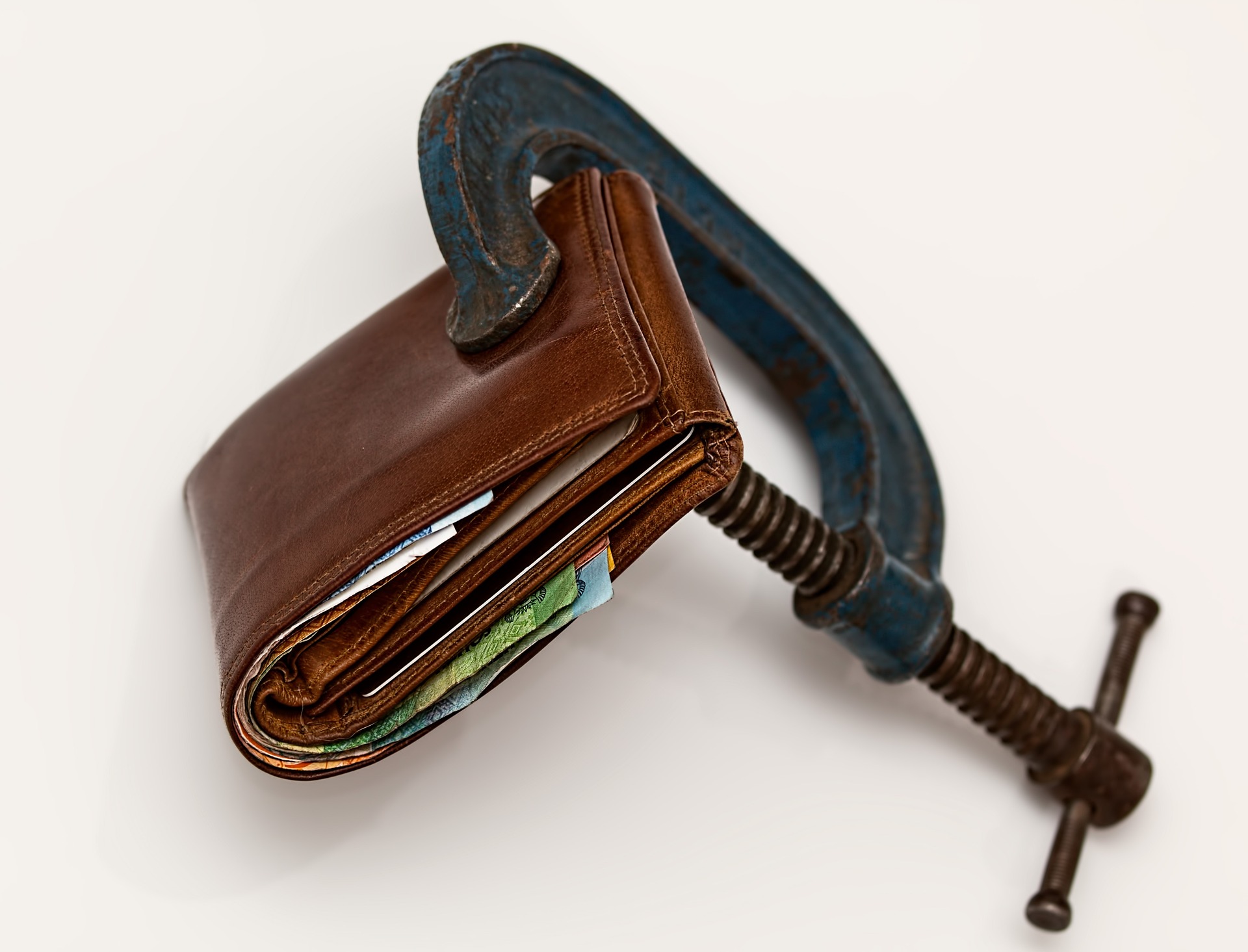How to Reduce Daily Expenses to Save Money.
A fantastic strategy to save money and strengthen your financial status is to reduce your daily costs.
Here are some suggestions about ways to cut costs.
- Make a budget: Make a budget that details your monthly income and spending. You will be able to clearly see where your money is going and where you may make savings as a result.
- Reduce your eating out expenses: You may save a lot of money by eating more frequently at home. To save time and money, try meal planning and preparing in bulk.
- Cancel unused subscriptions: Examine your monthly subscriptions, and cancel those you don’t use or don’t need. Taking your infrequently used gym subscription as an example.
- Purchase in bulk: Purchasing in bulk can help you save money on food and other home goods. On the things you often use, look for sales and discounts.
- Use coupons and promo codes: Before making any purchases, whether online or in-store, search for coupons and discount codes.
- Compare insurance quotes from many providers to get the greatest deals on your health, house, or auto insurance.
- Reduce energy consumption: To reduce your energy expense, turn off lights and disconnect gadgets when not in use. Your home’s overall energy use can be decreased by using energy-efficient equipment.
- Use cashback applications: Cashback programs can help you save money on purchases. Look for applications that give cashback on regular expenditures like groceries and petrol.
- Refrain from making impulsive purchases: Before spending any money, consider if you actually need the item. Refrain from making impulsive purchases and only acquire what you really need.
- Buy used instead of new: Take into account buying used goods. Clothing, furniture, and gadgets may often be found at steep discounts at thrift stores, consignment stores, and internet markets like eBay and Craigslist.
- Do-it-yourself: Think about doing it yourself rather than paying for services. With a little research and work, it is possible to complete simple jobs like cleaning, gardening, and small repairs. Look for DIY tutorials on YouTube.
- Reduce spending on luxuries: Instead of buying expensive clothes, high-end devices, and upscale meals, choose more reasonably priced alternatives or save money to treat yourself.
- Bargain with service providers to get lower prices or discounts on your invoices. Your cable, phone, or internet costs could be affected by this.
- Lower transportation costs: Instead of driving alone, you may walk, bike, or carpool, depending on where you live and the weather.
- Keep track of your bank account balance to prevent overdraft penalties by setting up notifications or automated transfers.
- Lower credit card interest rates: Get in touch with your credit card business and ask for a lower interest rate. Over time, this may enable you to avoid paying as much in interest.
- Limit your purchases of alcohol and tobacco products to save money and enhance your health, or stop entirely, as a result of government restrictions on both substances and the high cost of items.
- Use free resources: Take use of free resources including public libraries, community centers, and online learning environments.
- Make preparations in advance: Organize your shopping and spending in advance. This might assist you in avoiding impulsive purchases and maintaining your spending plan. Prioritize your purchases and refrain from making impulsive purchases.
You may lower your regular costs, improve your financial status, and reach your financial objectives by using the advice in this article. Although it could need some lifestyle changes and sacrifices, there may be substantial long-term rewards.

